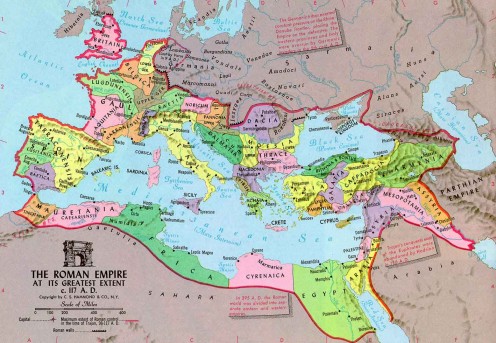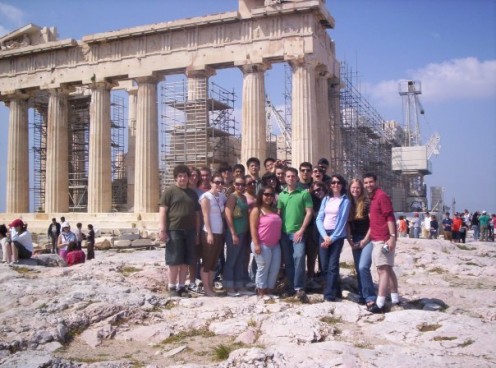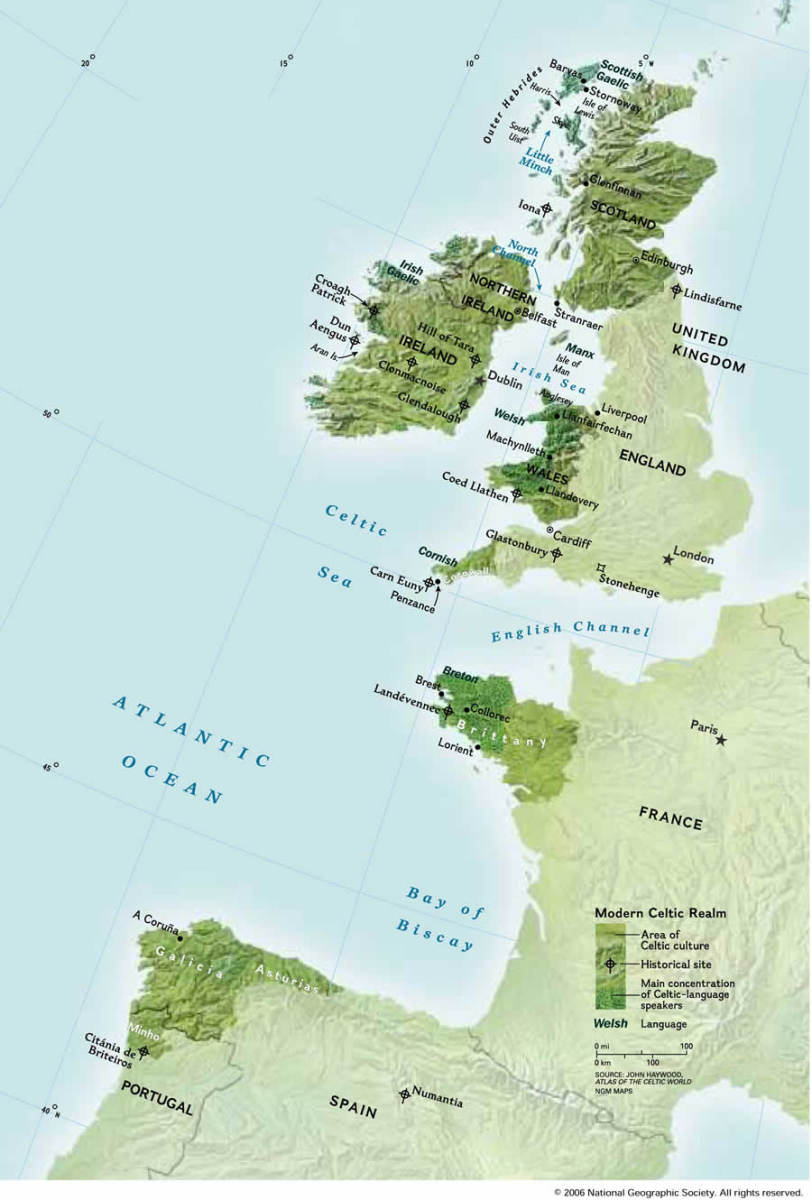- HubPages»
- Education and Science»
- History & Archaeology»
- Ancient History»
- Dead Languages
Latin, the Mother of All Languages
Praetorian Guard

Having taught high school Latin for several years and having a Master's degree in the same, I would be remiss in neglecting to share my thoughts on the subject.
A. Latin is increasingly popular with school administrators since the study of Latin significantly improves SAT verbal scores.
Believe it or not, Latin as a foreign language elective is becoming quite popular in high schools in the United States--even in the public schools. The main reason administrators prize this addition to their language curriculum is because it's commonly known among educators, even among the most incorrigibly liberal, that suffering through Latin demonstrably increases SAT verbal scores. Students while learning this so-called dead language simultaneously enrich their English vocabulary since up to 60% of the English language is derived from Latin. Furthermore, a good majority of those highly tested, multisyllabic SAT words contain Latin roots. The majority of "SAT words" that don't have Latin roots contain Greek roots, but any Latin lesson plan worth its salt touches upon Greek roots as well.
- puer, boy --------------------> puerile (immature)
- loqui, to speak --------------> loquacious (talkative)
- senex, old man---------------> senile, senator
- myrioi, thousands (Grk.) -----> myriad (limitless amount)
What language did you study in high school?
Roman Legionnaire

B. Learning Latin's complicated grammar helps students understand English grammar.
Many students, especially in the public schools, are no longer taught grammar. The prevailing theory is that grammar is a passé exercise in futility that at best diminishes the fragile self-esteem of attention-deficited students, at worst reinforces socio-economic stratification as form a subtle class warfare. Yes, there are educators who really think this way and that's why our public schools are failing and should be dismantled.
Happily, students are surreptitiously exposed to grammar in their foreign language classes as it is impossible to avoid grammar when teaching a foreign language. Foreign language teachers not only have the burden of teaching the grammar of foreign languages, but also unwittingly find themselves becoming ENGLISH grammar teaches in the process. No place is this more true than in a Latin class where grammar is often the predominate focus. Distinctions between "who" and "whom" that appear to be arbitrary relics of the 19th century, begin to make sense when students learn the difference between subjects and direct objects. Compare: who (subject), whom (direct object); qui (subject) quem (direct object). Even the inflectional endings of our English words and their Latin counterparts have analogous significance--a significance that becomes all the more meaningful as the depth of their grammatical knowledge expands.
In addition to having a richer vocabulary, students of Latin tend to have better grammar, and therefore tend to speak and write better.
Julius Caesar's Audience with Vercingetorix

C. Students of Latin are more culturally literate.
In the last few decades, the prevailing political correctness of the American educational system has turned school curricula upside down with students knowing less and less about Western Culture. Administrators have become so fanatic about promoting cultural diversity that they neglect--sometimes intentionally--our cultural roots in Western Europe. And yes, I do recognize that the United States is very diverse and that many are not even from Europe; however, the ideals that have made the United State possible--concepts of rationalism, liberalism, market economies, tolerance, democracy and civil liverty--are UNIQUELY European. The very tolerance that takes "celebrating diversity" for granted stems from a European tradition that goes all the way back to the ancient Greeks and Romans. The first multicultural society (notwithstanding all the stories we hear about religious persecutions and lion feedings) was ancient Rome--a society that was remarkably tolerant when compared to its contemporaries in China, India, the Near East and the New World. Few societies were as liberal in granting citizenship to foreigners as the ancient Romans were. The founder fathers of the United States were very familiar with ancient Greek and Roman society when constructing our fledgling nation. They were careful to incorporate all the best elements of classical political models while avoiding with caution all their flaws. Thus, when students learn Latin and by extension Classical civilization, they are exposed to the root of everything that has made Western Culture great.
The Roman Empire at its Height

Nickny79 with His Students in Front of the Parthenon










